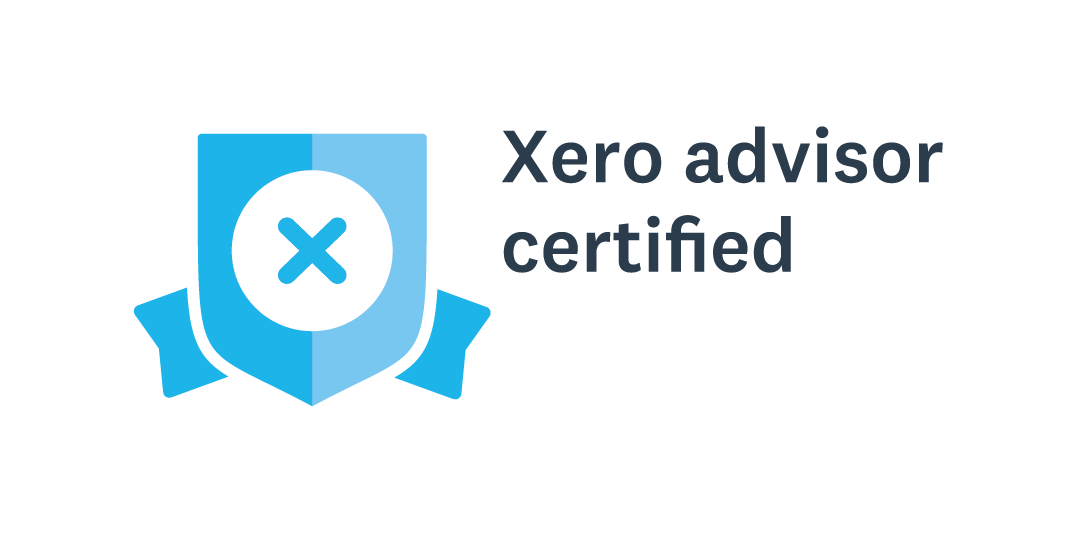Job Support Scheme
PLEASE NOTE - The Job Support Scheme has now been postponed by the Government, due to the extension of the Coronavirus Job Support Scheme (CJRS) for a further 6 months to cover 80% of usual wage costs for hours not worked - for the period November 2020 to April 2021.
The JSS has now been scrapped due to the extension of the CJRS to the end of September 2021.
In his Winter Economic Plan, The Chancellor announced on 24th September 2020 details of the Job Support Scheme (JSS).
The JSS is designed to protect viable jobs in businesses who are facing lower demand over the winter months due to COVID-19, to help keep their employees in the workforce. The scheme will open on 1st November 2020 and run for 6 months, until 30th April 2021. The Government will review the terms of the scheme in January 2021. Employers will be able to claim in arrears from 8th December 2020. The Chancellor has since (22nd October 2020) announced further changes to the JSS as a result of increased restrictions placed on businesses due to COVID-19. The scheme has now been split into two schemes: Job Support Scheme Open (JSS Open) and Job Support Scheme Closed (JSS Closed).
How do the schemes work?
JSS Open
Employees must work at least 20% of their usual hours and must be paid by their employer for these hours at their contracted wage. Employees can do training in their working hours whilst being claimed for under JSS.
For the time not worked, the employee will then be paid two thirds (66.67%) of their usual wage. This will ensure that employees receive at least 73% of their normal wages, where they earn £3,125 or less per month.
The 66.67% will be funded:- the Government will pay 61.67% of the hours not worked up to a cap of £1,541.75 per month, with the employer paying 5% of non-worked hours up to a cap of £125 per month. These caps are based on a monthly reference salary of £3,125.
Employers will also have to pay Employers NIC and auto enrolment pension contributions.
Employers can top up employee’s wages, above the 5% contribution at their own discretion.
Employees cannot be made redundant or put on notice of redundancy during the period within which their employer is claiming the grant for that employee.
JSS Closed
JSS Closed is for businesses that are legally required to close their premises as a direct result of coronavirus restrictions set by one or more of the four governments in the UK. This includes premises restricted to delivery or collection only services from their premises and those restricted to provision of food and/or drink outdoors.
Each employee whose primary work place is at the premises that have been legally required to close as a result of coronavirus restrictions, will receive two thirds (66.67%) of their normal pay, paid by their employer and fully funded by the Government to a maximum of £2,083.33 per month, although their employer has discretion to pay more than this if they wish.
Employers will also have to pay Employers NIC and auto enrolment pension contributions.
Employees will be required to cease work for a minimum of 7 consecutive calendar days.
Employers will not be able to claim JSS Closed to cover periods after restrictions have lifted and business premises are legally allowed to reopen. They may then be able to claim JSS Open if eligible.
Eligibility Criteria
JSS Open & JSS Closed
Employers:
All employers with a UK bank account and UK PAYE schemes can claim the grant.
Neither the employer or the employee needs to have previously used the Coronavirus Job Retention Scheme (CJRS).
There is no financial impact test for small and medium enterprises (SMEs) and charities. However, large employers (with 250 or more employees) will have to meet a financial impact test, so the scheme is only available to those whose turnover has stayed level or is lower now than before experiencing COVID-19 difficulties.
Employers using the JSS will also be able to claim the Job Retention Bonus (JRB) if they meet the eligibility criteria. This is worth £1,000 per employee.
Employees:
Employees must be on an employer’s PAYE payroll between 6 April 2019 to 23:59 on 23 September 2020. This means a Real Time Information (RTI) submission notifying payment to that employee to HMRC must have been made on or before 23 September 2020.
If employees ceased employment after 23 September 2020 and were subsequently rehired, then employers can claim for them.
Staff on any type of contract are eligible, including those on variable or zero hours and agency workers.
Employees will be able to go on and off the scheme and do not have to be working the same pattern each month, but each short time working arrangement must cover a minimum period of 7 consecutive days.
Employers cannot claim both JSS Open and JSS Closed in respect of a single employee for the same day.
Record keeping
Employers must have agreed the temporary working arrangement for shorter hours in writing with each employee. The temporary working agreement must cover at least 7 consecutive days.
Keep a written record of this agreement for 5 years.
Keep records of how many hours employees work and the number of usual hours that they are not working.
Grant payments
Employers will be able to make a claim online through Gov.uk from 8 December 2020. They will be paid on a monthly basis.
Claims can only be submitted after payment to the employee has been made and that payment has been reported to HMRC via an RTI return.
Grant payments will be made in arrears, reimbursing employers for the Government’s contribution. The grant will not cover Class 1 employer NICs or pension contributions, although these contributions will remain payable by the employer.
Employers must pay employees their contracted wages for hours worked, and the Government and employer contributions for hours not worked.
‘Usual wages’ calculations will follow a similar methodology as for the Coronavirus Job Retention Scheme.
Employees who have previously been furloughed will have their underlying usual pay and/or hours used to calculate usual wages, not the amount they were paid whilst on furlough.
Agents who are authorised to do PAYE online for employers will be able to claim on their behalf.
HMRC Checks
HMRC will check claims. Payments may be withheld or need to be paid back if a claim is found to be fraudulent or based on incorrect information.
Penalties of up to 100% of the amount overclaimed may be applied.
Grants can only be used as a reimbursement for wage costs actually incurred.
Employers must agree the new short time working arrangements with their staff, make any changes to the employment contract by agreement, notify the employee in writing. This agreement must be made available to HMRC on request.
HMRC intend to publish the names of employers who have used the scheme. The public can report fraud if they have evidence to suggest that an employer is abusing the scheme.
Employees will be able to check if their employer has made a claim relating to them via their Personal Tax Account (sign up on Gov.uk).
Calculations
Details of the calculations for the JSS Open scheme can be found here.
Details of the calculations for the JSS Closed scheme will be provided by end October 2020.



